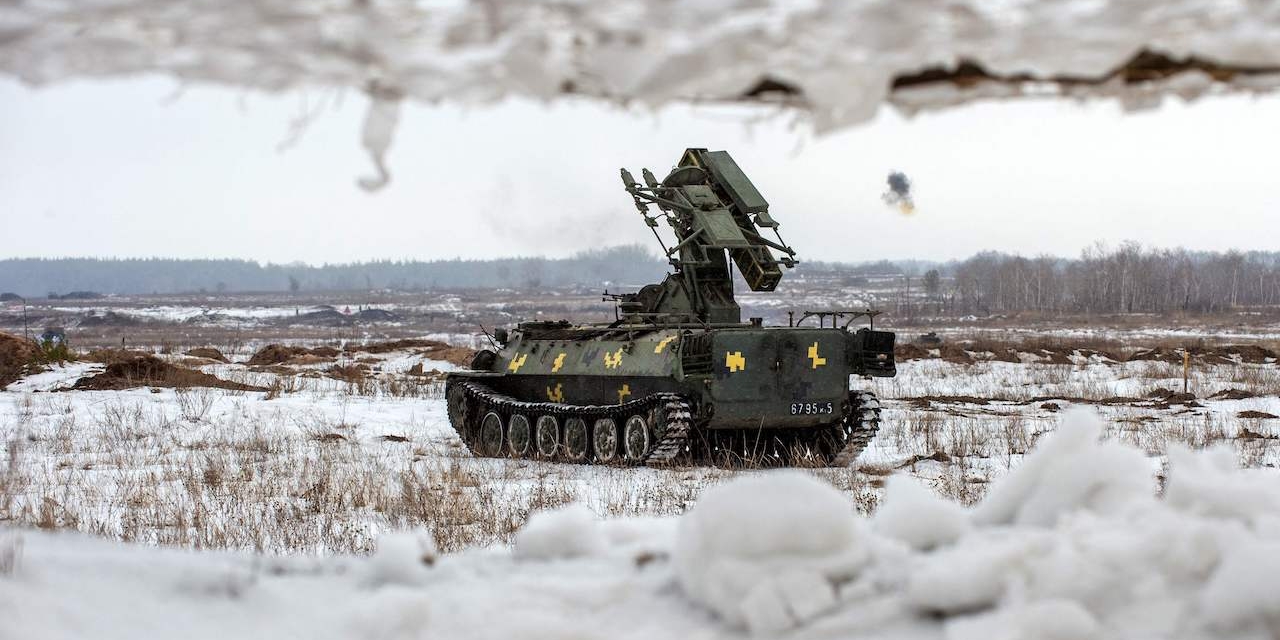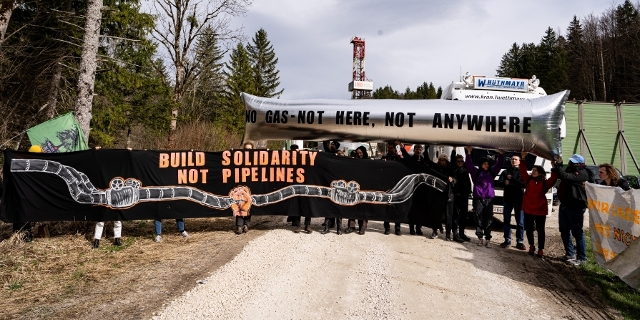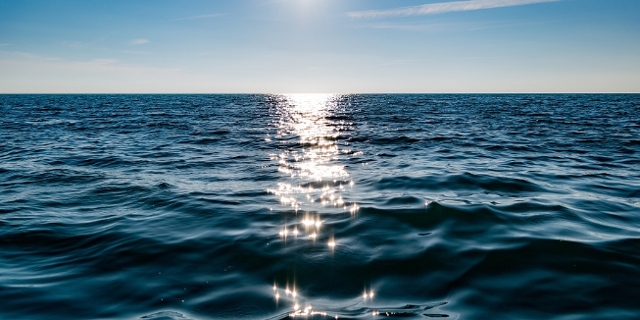How likely is a war between Russia and Ukraine?
President Biden is calling on US citizens in Ukraine to leave the country, saying the US will not protect them if Russia invades. Frantic diplomatic efforts this week to de-escalate the situation have made little progress, and talks yesterday between Russia and Ukraine, and France and Germany, failed to make a breakthrough. So what is the significance of Biden’s remark that he will not send troops to rescue Americans if Moscow does invade Ukraine? Joanna Bostock asked Shashank Joshi, defence editor of The Economist.
FM4: President Biden warning U.S. citizens in Ukraine to leave - how alarming is this call by President Biden?
Shashank Joshi: I think this fits with a series of increasingly concerned announcements by the U.S. government and the U.K. government, both of whom seem convinced that a Russian attack on Ukraine and not just any Russian attack on Ukraine, but a large scale invasion is looking increasingly likely and may be about to occur in the coming days or weeks. In the past, the US government has said it would be imminent. The British government has said a lightning strike on Kiev is a possibility, and I think that these are not just idle remarks. I think that the intelligence in both countries is giving these leaders a reason to think that Russia may well attack with the intention of regime change. And that is what is prompting these kind of alarmed, concerned, distressing statements coming out of the White House, coming out of Downing Street, day by day.
FM4: What kind of message is Biden’s announcement sending to Russia? Because it’s very public? So that will presumably alert Russia to the fact that there is this sense of concern and potentially impending doom.
Shashank Joshi: I think that the Western strategy has been not only to alert Russia, but to make it absolutely clear that the West has full insight into what it’s doing and that it has intelligence showing that this is not just a bluff, that Russia has intentions to attack. And there have been repeated statements using intelligence. For example, the White House’s claim that Russia was preparing a provocation, a false flag attack, that it would blame on the Ukrainians as a pretext for invasion.
Now, it’s pretty unusual for governments to release that kind of intelligence. The reason they do so is to say to Russia: We know what you’re doing. We are going to expose it ahead of time. And if you go ahead and do it, everyone is going to know that this was a provocation by you. It was not an attack by the Ukrainians. So what we’re seeing is a kind of deterrence by publicity, a deterrence by revelation, saying we will expose your plans now and make it more difficult for you to go through with them because it will be more transparent that you had this planned all along, rather than being able to blame it on some kind of bogus escalation by Ukraine or the West.
FM4: What’s the significance of Biden saying that he would not send troops into Ukraine to rescue U.S. citizens?
Shashank Joshi: The significance is that no Western country, including the United States, has an appetite to confront the Russians directly in a war. I think they all understand the risks that would entail and the risk of escalation to a war between Russia and the West. In fact, we heard President Biden said that sending U.S. troops to Ukraine in case of an invasion - he said that’s a world war. When Americans and Russians start shooting one another, we’re in a very different world. So there’s no appetite to get into that kind of conflict. Everyone understands how risky, how dangerous that would be. But if an invasion occurs, there are still going to be risks because Nato is going to send more troops to countries like Poland and Romania, perhaps Bulgaria. There’s going to be a refugee outflow to the West into European territory, and there’s going to be a lot of military activity around Ukraine on by both sides. So even if America doesn’t send troops into Ukraine, it’s going to have a lot of troops around Ukraine. And I think we’re going to see tensions rise very significantly indeed.
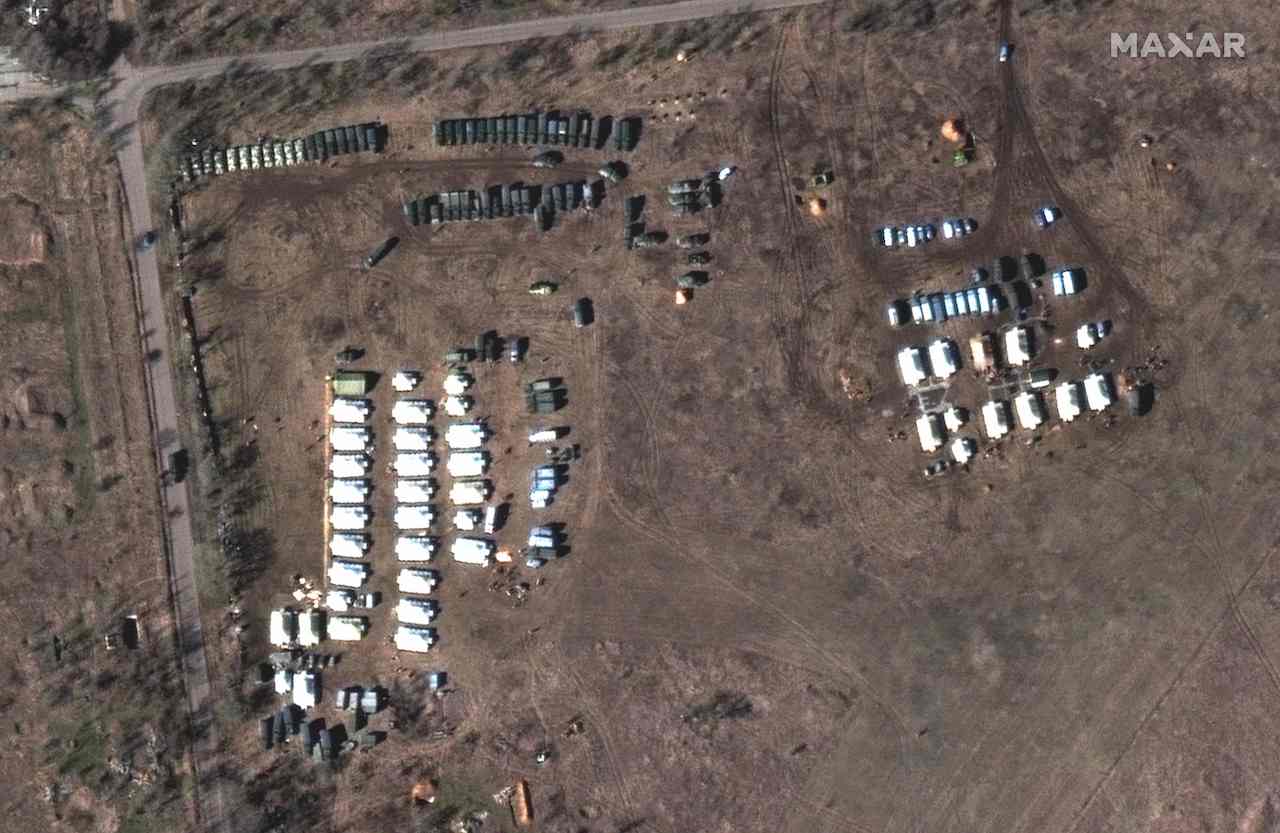
AFP PHOTO / Satellite image ©2022 Maxar Technologies
This satellite image released by Maxar Technologies shows troop deployments at oktyabrskoye airfield in Crimea on February 9, 2022.
FM4: For other European countries, that’s also quite alarming. You were talking about countries which have a border with Ukraine. But for example, Hungary, but Hungary is a neighbour to Austria.
Shashank Joshi: I think there’s a lot of concern. For example, the Baltic states in the North don’t share a border with Ukraine. But if Russia attacks Ukraine and keeps large numbers of troops in Belarus, that complicates the defence of the Baltic states because they are linked to mainland Europe, to Poland and other countries by something called the Suwalki Gap, which is a very narrow strip of territory that runs up from Poland but is kind of sandwiched between the Russian territory of Kaliningrad on the one side and Belarus on the other side. And so the defense of the Baltic states would become more complicated.
Similarly, I think that we would see a refugee outflow from Ukraine and that would affect not just the states neighbouring Ukraine. It would indeed affect other countries in Central Europe, countries like Austria. And I think we would also see a general state of tension between NATO and Russia, which would make itself known, which would be visible in the Black Sea region to the south in the Mediterranean, in the Baltic Sea, to the north, in the high north, perhaps in the Arctic. There would be lots of bomber flights all around the place. There would be lots of warships moving around. So that sort of tension is going to affect the entire alliance, wherever they’re located.
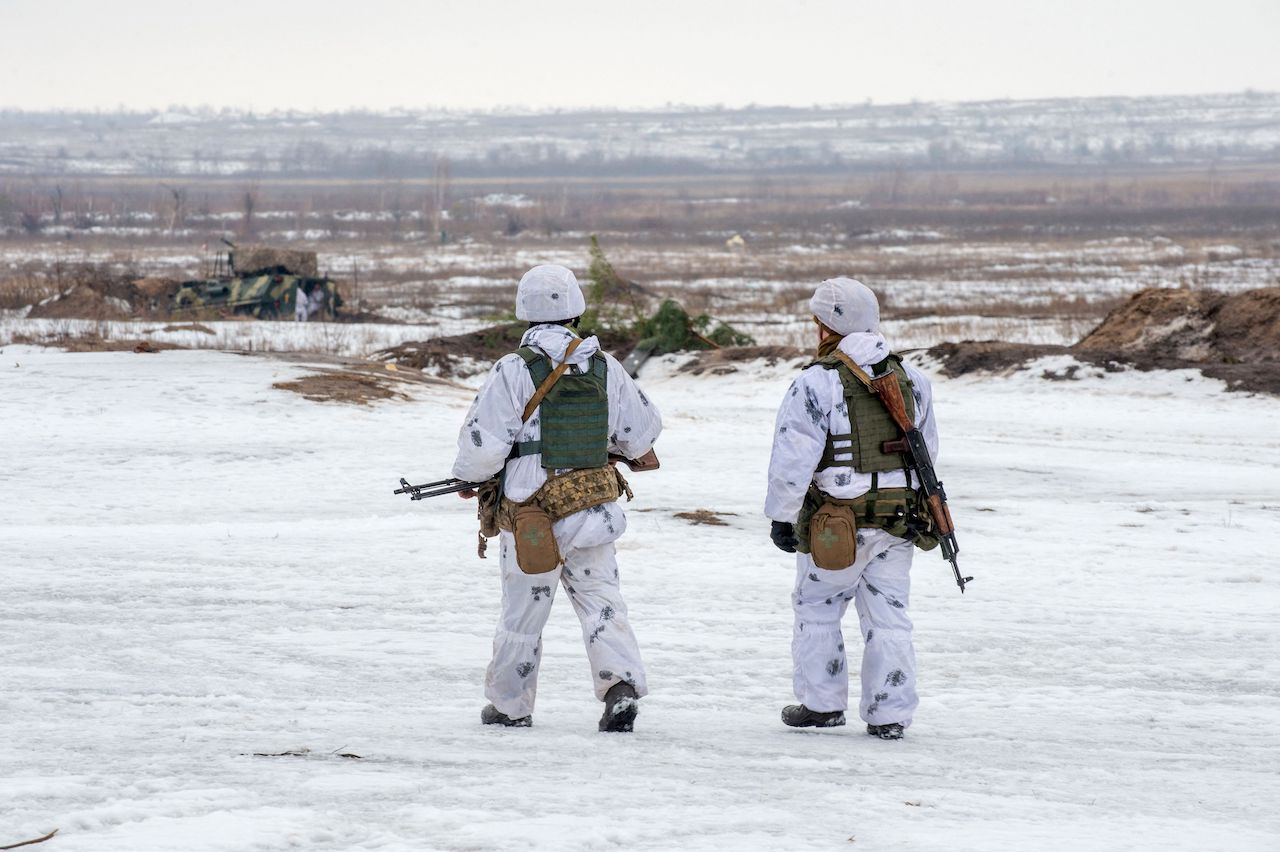
Sergey BOBOK / AFP
Ukrainian Military Forces servicemen walk in a field during live-fire exercises near the town of Chuguev, Kharkiv region on February 10, 2022
FM4: I’m just wondering whether, you know, it’s too alarmist a question to ask about the potential for if there is fighting for it to spread sort of beyond the countries that we’re talking about now, namely Russia and Ukraine.
Shashank Joshi: I think that a Russia-Ukraine war is very likely to remain confined to those countries. Ukraine is not a member of NATO. Everyone understands that it’s not going to get direct assistance from other countries. No one’s going to be fighting on its behalf. And no one has a strong incentive to provoke Russia to attack them. And nor does Russia have an incentive to attack NATO if it’s allowed to get on with its job in Ukraine. So in other words, this looks like very bad news for Ukraine. But I think everyone understands NATO’s territory is different, and Russia would be wise not to take it on.
And NATO, in turn, is not going to get dragged into Ukraine in a way that would cause such a such a circumstance to arise. So in all likelihood, I think we will see extreme tension, but not actual fighting beyond Ukraine. However, you can’t rule it out when you have the biggest military build-up since the since the Cold War occurring, and you may have the biggest land invasion in Europe since the Second World War occurring, then the risk of escalation is always going to be present. And I can imagine all sorts of ways in which that could occur. We could imagine American surveillance flights getting a little bit too close to the Ukrainian front lines, for example, and provoking a reaction by Russia. I could imagine NATO warships in the Black Sea getting a little bit too close to the fighting and being intimidated or harassed by Russian ships. I can imagine Russia being furious about Western arms supplies to Ukraine and trying to take out the supply lines in western Ukraine, causing an escalation. So, you know, I think the fighting is likely to remain confined to Ukraine, but I can also see all kinds of flashpoints and areas of tension that are going to develop and worsen in the eventuality of a conflict.
FM4: I’m remembering that interview that we recorded when I read your piece about the French military manoeuvres, this massive exercise that was planned. And I said, why? And you said, because of Russia. So it’s coming. It’s coming earlier than one thought.
Shashank Joshi: Well, I think that in a way, this has been simmering since 2014, since Russia invaded Ukraine for the first time in 2014, annexed Crimea, the first post-war annexation in Europe that we’ve seen and NATO sent reinforcements to Eastern Europe in the years that followed. Russia didn’t get what it wanted out of that. You know, it nabbed a bit of land, but it didn’t get a Ukrainian government that was favourable to Moscow, and instead it got a Ukrainian government that moved closer to the West. So these kind of military tensions have been slowly growing for years. Russia has decided to bring the issue to a head. And I think that this is something that all European countries have been worried about. But I don’t think any of them thought this would necessarily happen right now. But here it is.
And NATO is now at a moment of real crisis. And for countries like the U.S., I think there’s a real problem here because the Biden administration does not want to get bogged down in Europe. What does it want? It wants to focus on China. It wants to focus its aircraft carriers, its aircraft, its troops in the Pacific. On defending countries like Japan, on helping partners like Taiwan, it does not want to be bogged down in Europe at a moment when the Chinese military is growing in strength. So I think this whole thing is a geopolitical dilemma for the United States and a real challenge to the Biden administration’s priorities.
Publiziert am 11.02.2022







